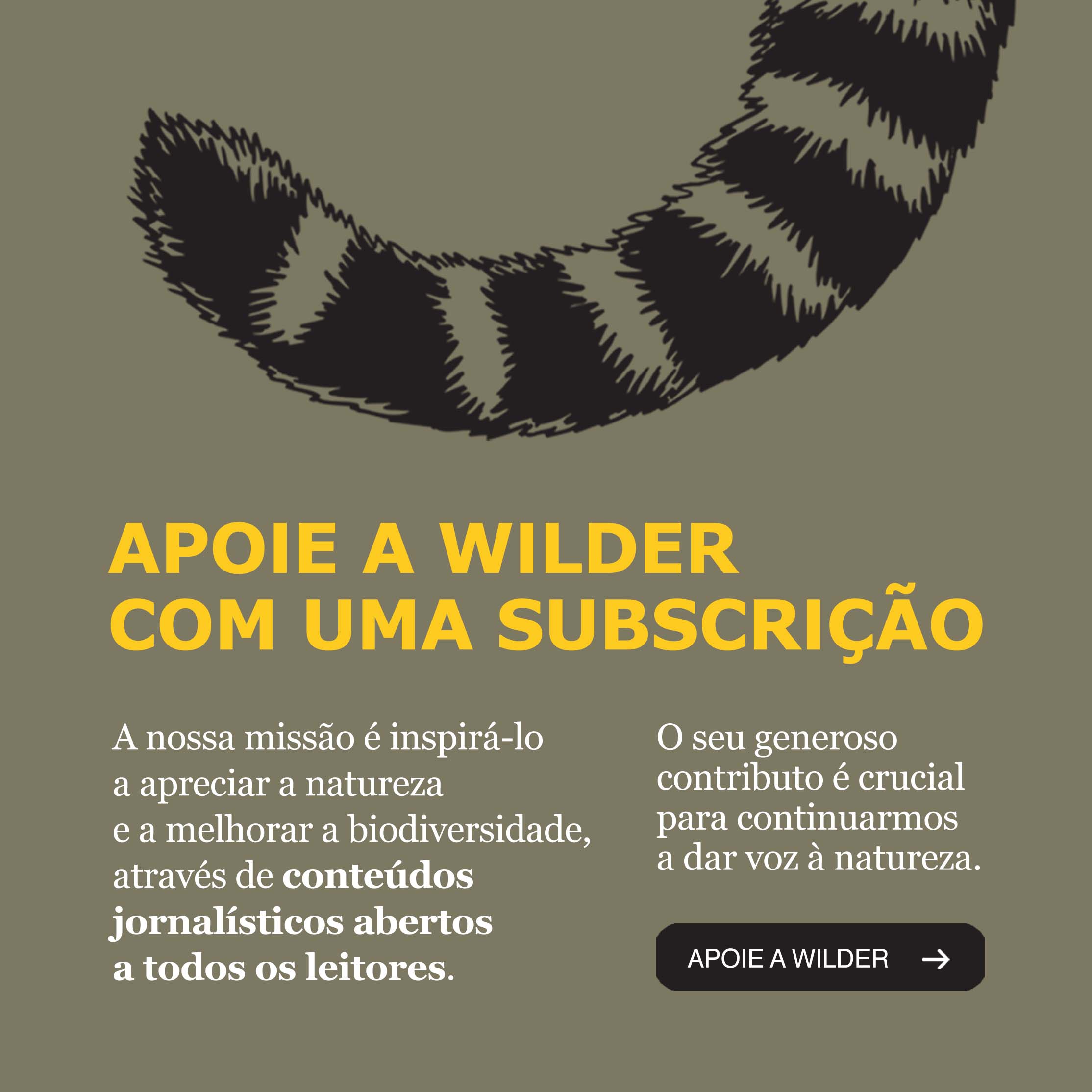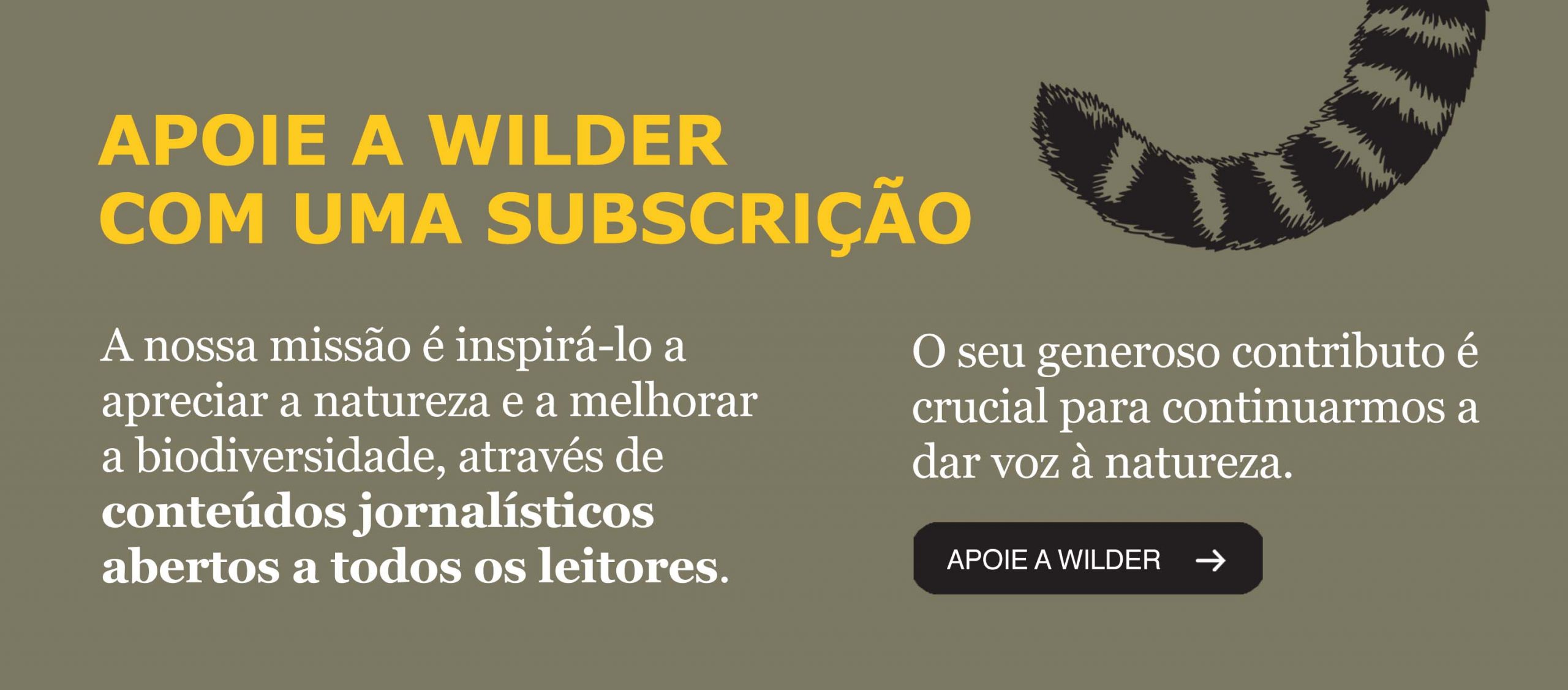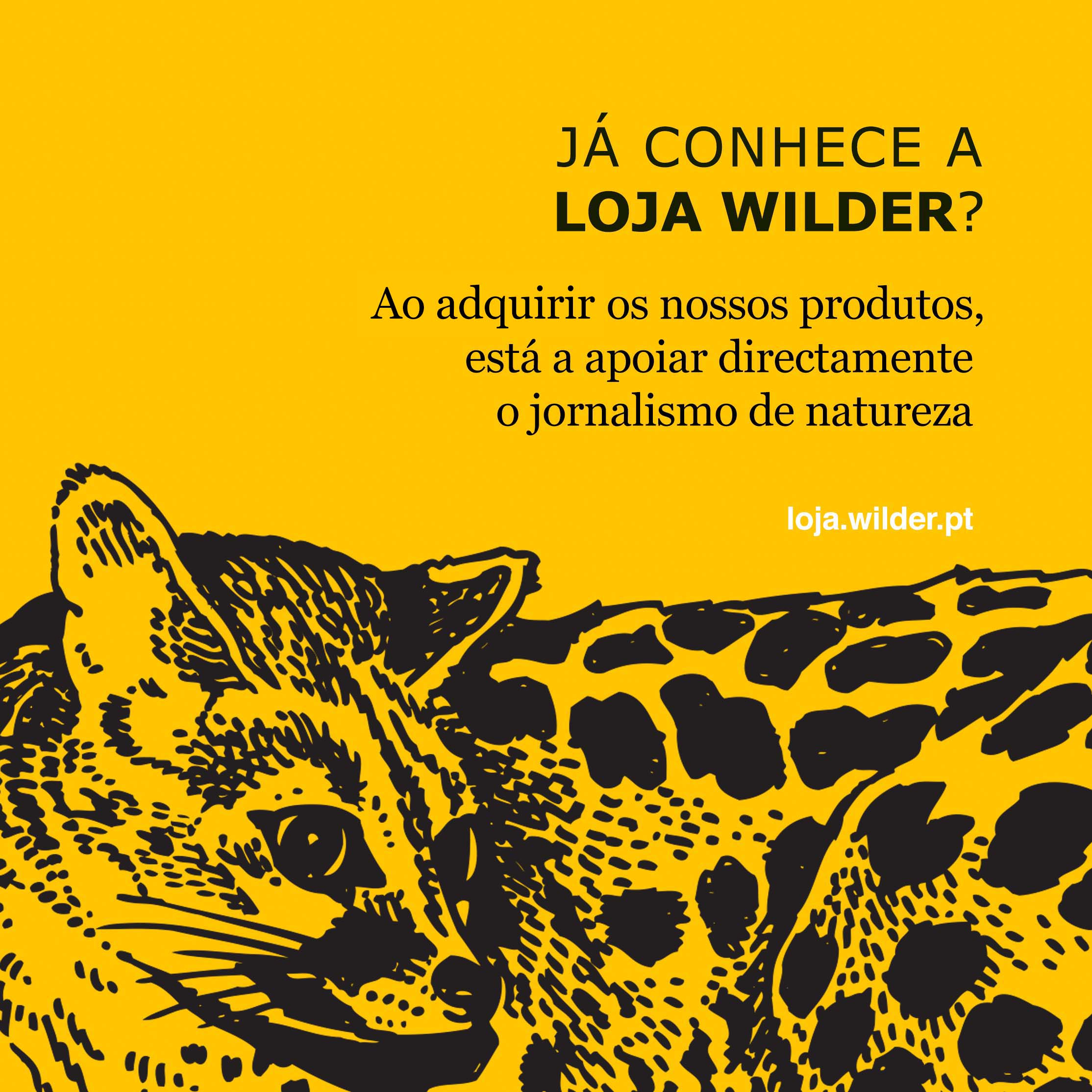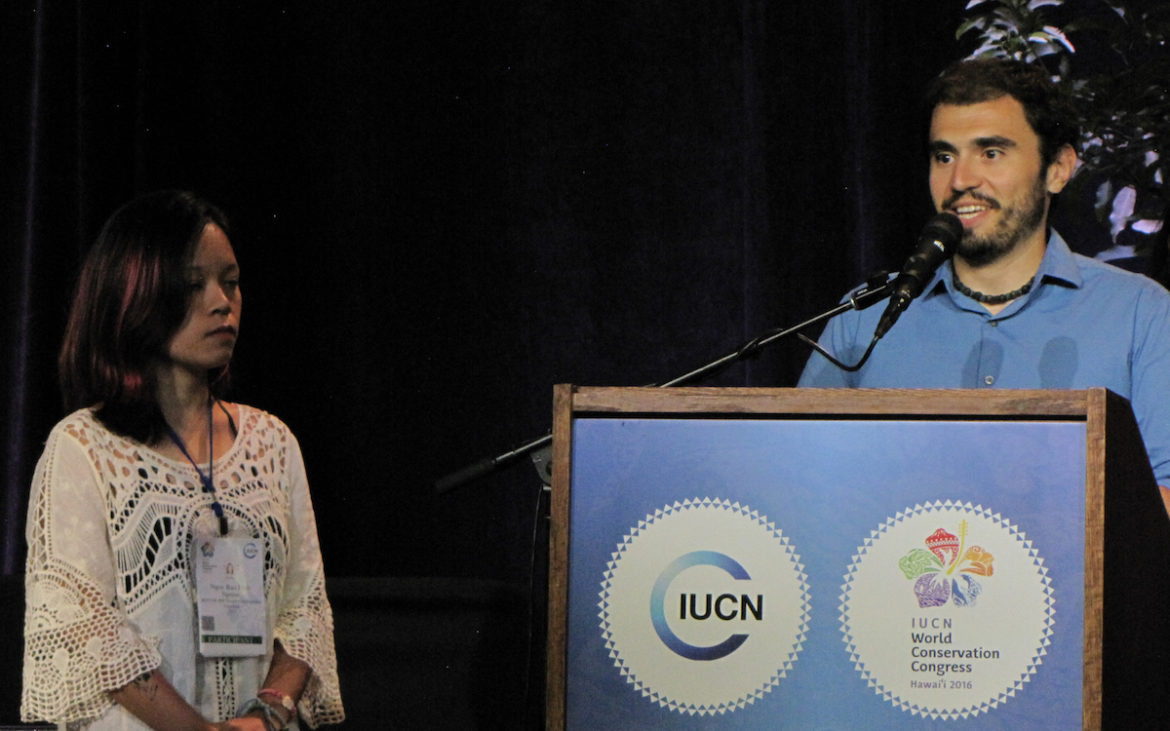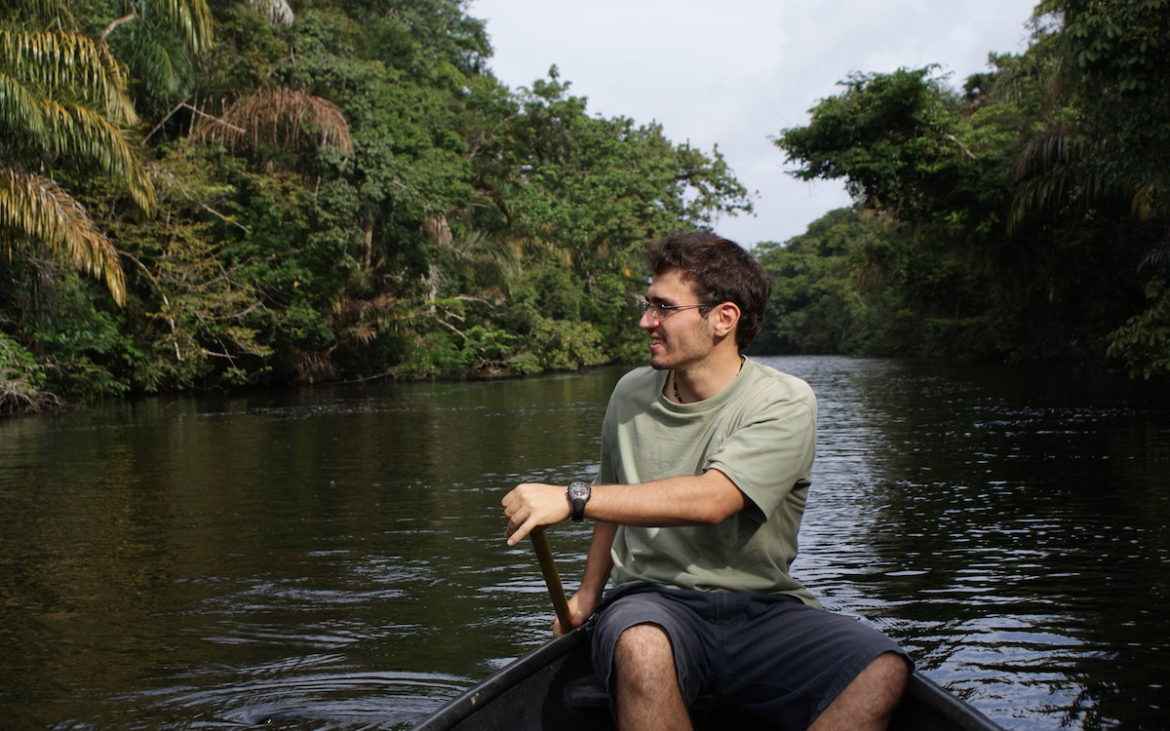Diogo Veríssimo, 32, is a conservation marketer. He works in several countries, such as Nepal and Sao Tome and Principe, helping local people to live with and protect tigers and sea turtles. Last month he received the Young Professional Award from the IUCN (International Union for Conservation of Nature) Commission on Communication and Education.
Diogo was born and raised in Lisbon. Currently he is living in Washington D.C., in the United States, after some time in the United Kingdom and Costa Rica. The panel of judges of this award distinguished Diogo and Linh Nguyen, who works with pangolins, because they are proof of “the character, creativity and dedication that will ensure the success of conservation in the future”, according to a press release. The award, that recognize and showcase the work being undertaken by young professionals under 35 years old in the area of communication, was delivered at the World IUCN Congress held in Hawaii from 1st to 10thSeptember.
Wilder: You won, with Linh Nguyen, the Young Professional Award of IUCN. What does it mean to you?
Diogo Veríssimo: It is very motivating to see my work recognized at this level, if we consider IUCN dimension, which counts among its members Governments of 170 countries and about 1.300 NGO. The award gives the winners the possibility to participate in the World Congress for Nature Conservation, the world’s largest congress in this area and it has nearly 10.000 participants from around the world. The real value, however, is in the public recognition that winners receive during the event; it has the potential of being a professional slipway. Besides, this distinction gives me more strength to continue working in conservation marketing.
W: And what is a conservation marketer?
Diogo Veríssimo: It’s someone that uses marketing concepts and principles to deal with the challenges of nature conservation. Marketing is used every day to change our habits, for example, what we buy. Why not use these same principles to change harmful behaviours for those who practice them and for society in general? This idea was created in the 80’s in the area of public health, but now it is also appearing in the area of nature conservation. For instance, in 2015 the Society for Conservation Biology formed a working group on Conservation and Marketing, of which I am president and now has more than 250 members.
W: What are you currently working on?
Diogo Veríssimo: I have several projects, all related to changing human behaviour and nature conservation. For example, I am working with the Zoo in Chester, England, to reduce the conflict between human communities and tigers in Nepal. I am also working with the Association for Sea Turtles, a Portuguese NGO, to reduce meat consumption of sea turtles in Sao Tome and Principe. Finally, I am also working with the American NGO Rare in a global project to improve the management of artisanal fishing in Mozambique, Brazil, the Philippines, Indonesia and Belize. All this using concepts and marketing principles to influence human behaviour and the way we manage natural resources.
W: What was your inspiring moment for the natural world?
Diogo Veríssimo: I cannot pic a single moment that has determined my naturalist path. Although having been raised in Lisbon, my family has its roots in the rural interior of Portugal and I always had the opportunity to be in contact with nature. At the same time, an institution that marked me professionally was the Zoo of Lisbon, where I started working as a guide and educator, when I was seventeen. The possibility of having contact with a wide variety of species created in me a great curiosity to find out more and a strong emotional attachment to the diversity of life on Earth.

W: In your opinion, how should be the conservation in the future?
Diogo Veríssimo: It has to be focused on people and on understanding the choices we make to our lifestyle. We spend a lot of time documenting extinctions and decline of species and ecosystems. But if we really want to reduce the threats to nature, we have to focus our efforts on influencing human behaviours that every day dictate the destruction of species and ecosystems worldwide. These behaviours are often small and simple decisions we make every day, but when multiplied by the billions of people living on Earth have a global dimension. For example, how we travel, what we eat, how we manage the waste we produce, have a huge impact on nature at a global scale.
W: How do you comment people’s relationship with nature?
Diogo Veríssimo: The world population is increasingly more urban and this reality will go on changing our relationship with nature. In my opinion it will be essential to ensure that the link between urban populations and the natural environment does not cease to exist.
W: And how can it be done?
Diogo Veríssimo: Technology, though often seen as a barrier, is a vital tool to connect urban populations with nature. Many of them have a very limited access to the natural world. At the same time, younger generations are more and more connected to technology, from social nets to virtual reality, and to try to go against this tendency will take us nowhere. We have to embrace the potential brought by these new technologies to improve the way how nature is seen and valorized.
W: So, what must be done to create a sense of wonder of nature?
Diogo Veríssimo: We must be more creative about how we create opportunities for interaction with the natural world and convey messages about nature. Nature is often presented almost in a classroom format, and so the public receptivity is low. We need to try other approaches.
W: What suggestions can you give conservationists to communicate better with society?
Diogo Veríssimo: Sometimes it is a challenge for those who make the nature conservation their profession to realize that the solution is not to make everyone in the world an amateur version of ourselves. The real goal is to put ourselves in the place of the groups we want to communicate and understand how their relationship with nature is. This change of perspective, where the message receiver is not only the centre of attention but also who dictates the channels and the message format, will be fundamental to improve the way we communicate the importance of natural world.
[divider type=”thick”]Know more.
Get to know the social media platform “I Fucking Love Biodiversity” that Diogo manages with some colleagues and has presence on Facebook, Twitter and Google+. Currently there are more than 32.000 followers who, every day, receive “surprising and entertaining information on biodiversity of our planet”, says Diogo.

